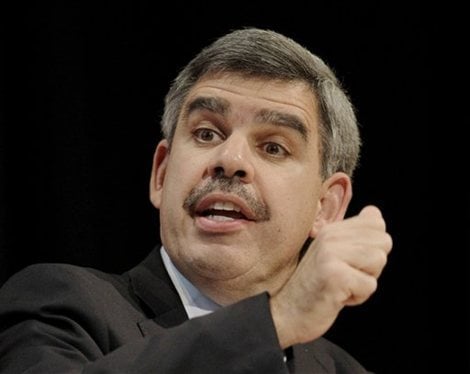“Whatever you think about Edward Snowden, the National Security Agency (NSA) data collection he unveiled is more than a privacy issue. Investors should pay attention, too. The company whose shares you own may be lying to you — while Uncle Sam looks the other way.
Let’s step through this. I think you will see the problem.
Fact 1: U.S. financial markets are the envy of the world because we have fair disclosure requirements, accounting standards and impartial courts. This is the foundation of shareholder value. The company may lose money, but they at least told you the truth.
Fact 2: We now know multiple public companies, including Microsoft (MSFT), Google (GOOG), Facebook (FB) and other, gave their user information to NSA. Forget the privacy implications for a minute. Assume for the sake of argument that everything complies with U.S. law. Even if true, the businesses may still be at risk.
Fact 3: All these companies operate globally. They get revenue from China, Japan, Russia, Germany, France and everywhere else. Did those governments consent to have their citizens monitored by the NSA? I think we can safely say no.
Politicians in Europe are especially outraged. Citizens are angry with the United States and losing faith in American brand names. Foreign companies are already using their non-American status as a competitive advantage. Some plan to redesign networks specifically to bypass U.S. companies.
By yielding to the NSA, U.S. companies likely broke laws elsewhere. They could face penalties and lose significant revenue. Right or wrong, their decisions could well have damaged the business.
Securities lawyers call this “materially adverse information” and companies are required to disclose it. But they are not. Only chief executives and a handful of technical people know when companies cooperate with the NSA. If the CEO can’t even tell his own board members he has placed the company at risk, you can bet it won’t be in the annual report.
The government also gives some executives immunity documents, according to Bloomberg. Immunity is unnecessary unless someone thinks they are breaking the law. So apparently, the regulators who ostensibly protect the public are actively helping the violators.
This is a new and different investment landscape. Public companies are hiding important facts that place their investors at risk. If you somehow find out, you will have no recourse because regulators gave the offender a “get out of jail free” card. The regulatory structure that theoretically protects you knowingly facilitates deception that may hurt you, and then silences any witnesses….”
Full article
Comments »



